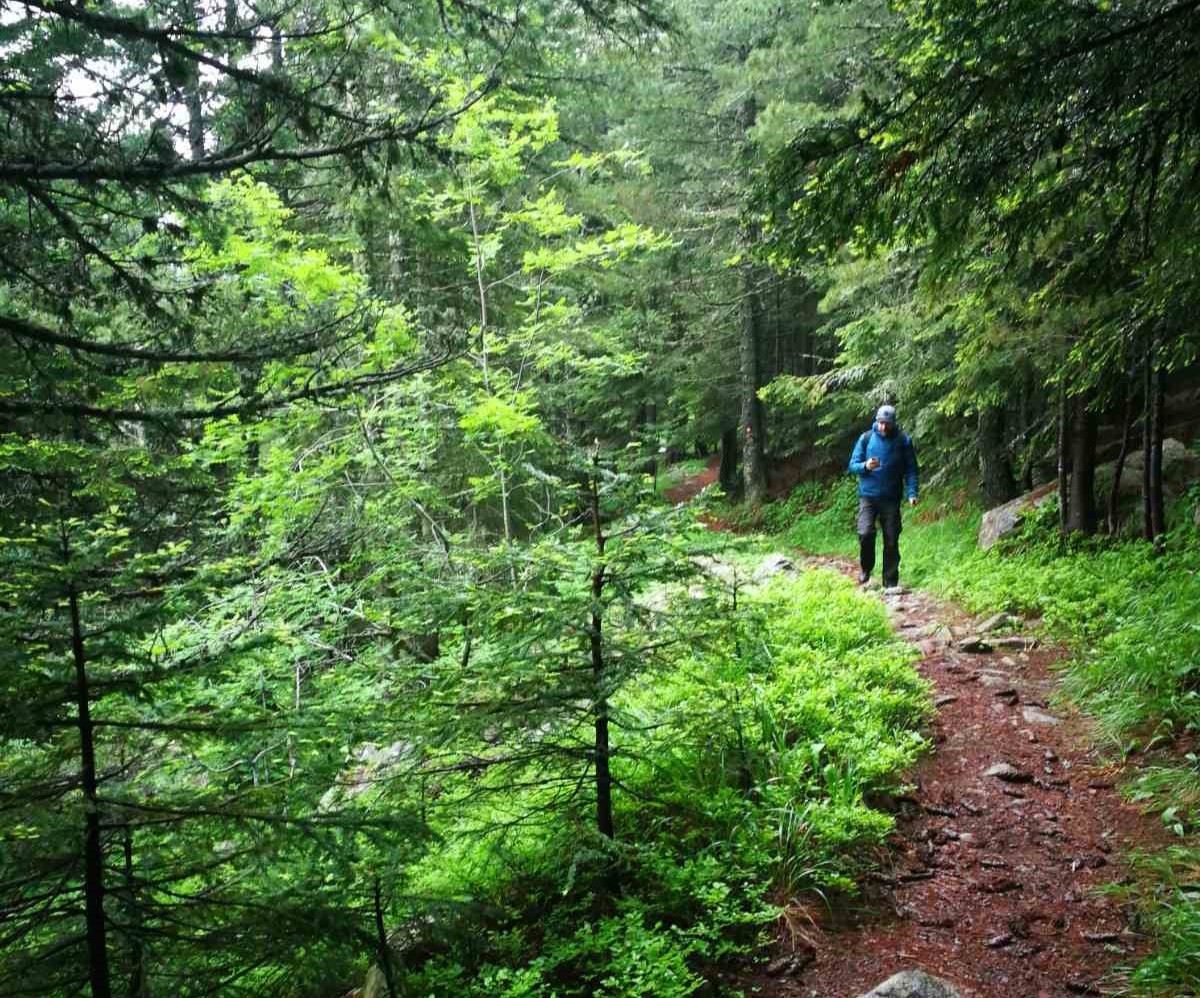In our fast-paced, technology-driven world, finding time to disconnect and rejuvenate is essential for maintaining mental health.
One of the most effective and enjoyable ways to achieve this is through hiking. Hiking not only offers physical benefits but also profoundly impacts mental well-being.
Let’s explore how hiking can serve as a natural remedy for stress, anxiety, and overall mental health improvement.
The Mental Health Benefits of Hiking
1. Stress Reduction
Hiking provides an escape from daily stresses and the relentless pace of modern life. Immersing oneself in nature, away from urban noise and distractions, helps to lower cortisol levels, the body’s primary stress hormone.
The tranquility of natural surroundings and the rhythmic motion of walking can significantly reduce stress and promote relaxation.
2. Boosting Mood and Combating Depression
Physical activity, such as hiking, triggers the release of endorphins—chemicals in the brain that act as natural mood lifters.
Regular hiking can alleviate symptoms of depression and anxiety.
Studies have shown that spending time in nature and engaging in physical activity can be as effective as traditional treatments for mild to moderate depression.
3. Enhancing Creativity and Problem-Solving
Hiking allows the mind to wander, fostering creativity and enhancing problem-solving skills.
The combination of physical exertion and the beauty of natural landscapes can inspire new ideas and perspectives.
Many find that they can think more clearly and creatively after a hike, making it an excellent activity for overcoming mental blocks.
4. Improving Sleep Quality
Regular physical activity, like hiking, contributes to better sleep quality.
The exposure to natural light helps regulate the body’s internal clock, improving sleep patterns.
Additionally, the physical exertion from hiking can lead to deeper, more restful sleep, which is crucial for mental health.
5. Building Resilience and Reducing Anxiety
Hiking often involves navigating uneven terrain and overcoming obstacles, which can build resilience and confidence.
The sense of accomplishment from completing a challenging hike can reduce anxiety and improve self-esteem.
Nature itself has a calming effect, helping to ease anxiety and promote a sense of peace and well-being.
The Science Behind Hiking and Mental Health
Nature’s Impact on the Brain
Research has shown that being in nature can reduce activity in the prefrontal cortex, the brain region associated with rumination—repetitive thought patterns that are often linked to depression and anxiety.
A study published in the Proceedings of the National Academy of Sciences found that participants who walked in nature showed decreased neural activity in this area compared to those who walked in urban environments.
The Role of Physical Activity
Exercise, including hiking, increases blood flow to the brain, delivering more oxygen and nutrients that can improve cognitive function and emotional regulation.
It also promotes the growth of new brain cells and connections, enhancing overall brain health.
Social Connections
Hiking can be a social activity, providing opportunities to connect with friends, family, or hiking groups.
Social interactions and a sense of community are vital for mental health, reducing feelings of isolation and loneliness.
Tips for Getting Started with Hiking
- Start Small: Begin with short, easy trails and gradually increase the difficulty as your fitness level improves.
- Plan Ahead: Choose trails that match your ability and research them in advance. Check the weather and trail conditions.
- Wear Appropriate Gear: Invest in good hiking boots and dress in layers to accommodate changing weather conditions.
- Stay Hydrated and Nourished: Carry enough water and snacks to keep your energy levels up.
- Take Your Time: Enjoy the journey, take breaks, and appreciate the natural beauty around you.
- Stay Safe: Let someone know your hiking plans, carry a map and compass, and be mindful of your surroundings.
Conclusion
Hiking is more than just a physical activity; it is a holistic experience that nurtures the body, mind, and soul.
By integrating hiking into your routine, you can harness the therapeutic benefits of nature, enhance your mental health, and find a path to greater well-being.
So, lace up your boots, hit the trails, and let nature work its magic on your mind and spirit.
